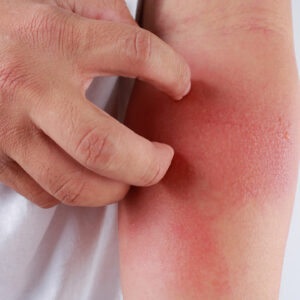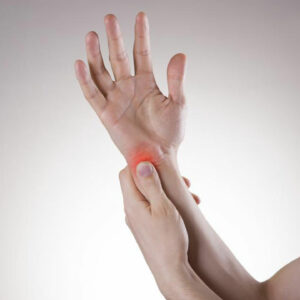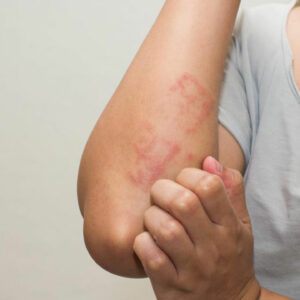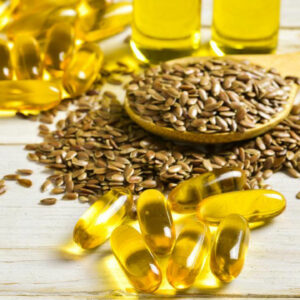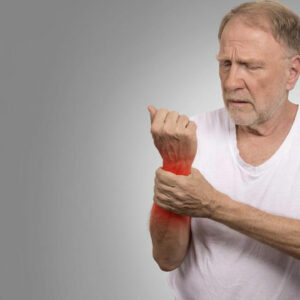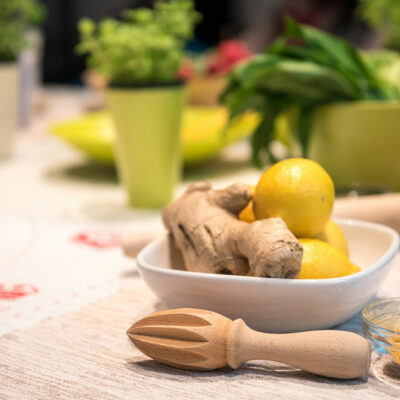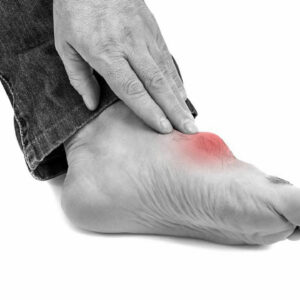
01
What You Need to Know about Gout
Gout is a form of arthritis that causes sudden and severe pain often in the joint at the base of the big toe. Men are more likely to get gout than women who become susceptible after their menopause. It is a common prevailing condition in the UK, and one can’t escape gout without easy gout treatments. Here are certain symptoms of gout which you can check for in case of doubt: Joint Pain Sudden pain and swelling usually affecting the joint of your big toe is one basic symptom of gout. The whole area becomes red, and there is an unbearable pain for the first 4-12 hours after it begins. Inflammation The skin around the joint swells and the color changes to red or purple. You will find that the area will be warm compared to the rest of your body. Limited Mobility Gout leads to severe pain in the affected joint area, causing discomfort and limited mobility, and lasts for more than a week or so depending on the severity of the swelling. Below are other causes of gout. Uric Acid The body produces uric acid when it breaks down purines, a substance found naturally in the body as well as in certain foods. The acid dissolved in blood passes through the kidneys to leave the body as urine. When the body produces too much or the kidneys excrete too little acid, it turns into small crystals that settle in the joint. These crystals cause major swelling in the big toe. High Blood Pressure If the blood pressure is too high, it causes strain on your body and kidneys. This results in lack of flow of blood to your joints that may cause severe swelling, and thus gout. Family History Research shows that if one or two members of the family suffer from gout, there are higher chances of you getting it.
Read More 